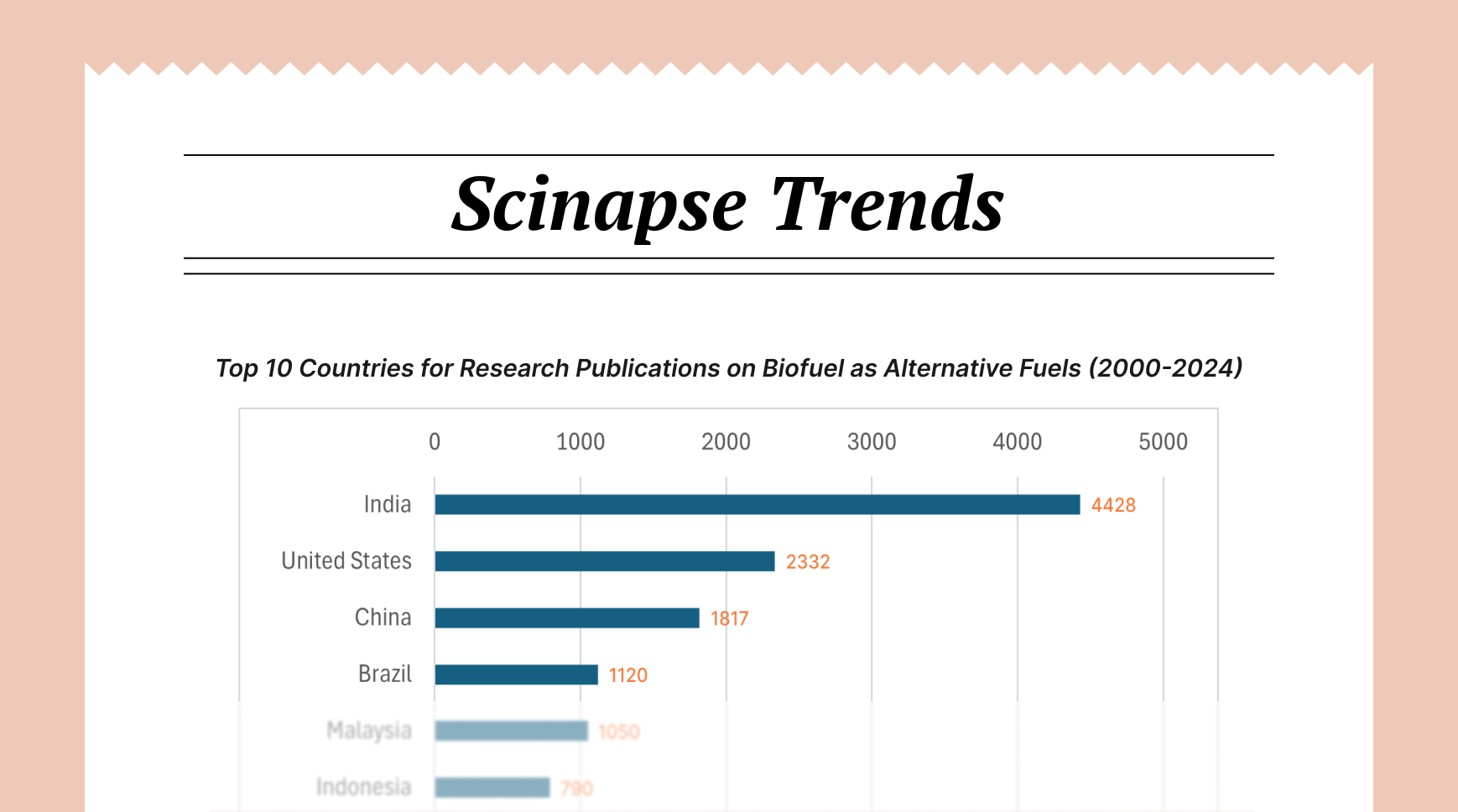The Role of Literature Reviews in Research Agenda Setting

The development of research agendas represents a critical function within the academic ecosystem, determining which questions receive scholarly attention, methodological innovation, and funding support. While multiple factors influence these agenda-setting processes—including societal needs, funding priorities, and disciplinary traditions—literature reviews have emerged as particularly powerful mechanisms for shaping the direction of future inquiry.
Far beyond their conventional role as background sections in research papers, strategically positioned literature reviews function as intellectual compasses that orient scholarly communities toward promising territories for investigation.

Conceptualizing Research Agenda Setting
1- Defining Research Agendas
Research agendas encompass the prioritized questions, methodological approaches, and theoretical frameworks that guide scholarly inquiry within academic communities. These agendas emerge through complex interactions between individual researchers, institutional structures, funding mechanisms, and socio-political contexts. Research agendas thus function as both intellectual roadmaps and social contracts, directing scholarly attention while establishing shared commitments to particular lines of inquiry.
2- The Multi-level Nature of Agenda Setting
Research agenda setting operates across multiple levels within academic ecosystems. At the macro level, broad disciplinary agendas establish foundational questions and methodological conventions that define fields of study. At the meso level, specialized research communities develop focused agendas that address specific phenomena or theoretical problems. At the micro level, individual research programs and projects advance particular lines of investigation within these broader contexts. Literature reviews contribute to agenda setting across all three levels, though their specific functions and formats may vary according to their intended scope and audience.
Literature Reviews as Gap Identifiers
1- Mapping the Known and Unknown
Perhaps the most recognized function of literature reviews in agenda setting involves their systematic identification of knowledge gaps. By comprehensively mapping what is known about a particular topic, literature reviews necessarily delineate what remains unexplored. These gaps function as intellectual opportunities, directing researchers toward questions that promise novel contributions.
2- Typologizing Knowledge Gaps
Literature reviews contribute to agenda setting not merely by identifying gaps but by characterizing their nature and significance. Research syntheses can identify various types of knowledge deficiencies, including empirical gaps (insufficient evidence), theoretical gaps (inadequate explanation), methodological gaps (underdeveloped techniques), and integrative gaps (disconnected findings). By distinguishing between these gap types, literature reviews help scholarly communities prioritize research efforts according to the specific forms of knowledge development most needed within their fields.
From Gaps to Research Questions
Sophisticated literature reviews transform identified knowledge gaps into well-formulated research questions that can guide subsequent inquiry. This translation process involves more than simply noting what remains unstudied; it requires careful consideration of how new investigations might meaningfully extend existing knowledge. Through this formulation process, literature reviews establish intellectual trajectories that connect past scholarship with future research endeavors, creating continuity within research agendas while still advancing disciplinary understanding.
Literature Reviews as Legitimation Mechanisms
1- Establishing Scholarly Warrants
Beyond identifying research opportunities, literature reviews function as legitimation mechanisms that establish the scholarly warrant for particular lines of inquiry. By demonstrating how proposed research questions connect to existing knowledge concerns, literature reviews provide intellectual justification for new investigations. This legitimation function proves particularly crucial for emerging research domains that must establish their relevance and value within competitive academic landscapes.
2- Signaling Methodological Pathways
Literature reviews legitimize not only research questions but also methodological approaches for investigating these questions. By critically evaluating the strengths and limitations of existing methodologies, reviews can identify productive techniques warranting wider adoption or innovative approaches meriting further development. This methodological guidance helps shape research agendas by influencing how scholars approach their investigations, potentially redirecting methodological traditions within disciplines.
3- Establishing Evaluative Criteria
Through their critical assessment of existing scholarship, literature reviews establish evaluative criteria that shape how future research contributions will be judged. By highlighting methodological standards, theoretical frameworks, and quality indicators relevant to particular research domains, reviews help socialize scholarly communities into a shared understanding of what constitutes valuable research. These evaluative frameworks subsequently influence which research questions and approaches receive attention, funding, and publication opportunities.
Literature Reviews as Paradigm Challengers
1- Problematizing Assumptions
While literature reviews often function within established paradigms, they can also serve as powerful mechanisms for challenging dominant assumptions and redirecting research agendas. By systematically identifying and critiquing these foundations, problematizing reviews opens intellectual space for alternative approaches and questions that might otherwise remain unexplored.
2- Synthesizing Anomalous Findings
Comprehensive literature reviews can identify patterns of anomalous or contradictory findings that collectively challenge established theories or methodological approaches. Through careful synthesis of these divergent results, reviews can demonstrate the limitations of existing paradigms and advocate for research agendas that address these inconsistencies. This function proves particularly important in mature research domains where accumulated evidence may eventually undermine founding assumptions, necessitating paradigmatic reconsideration.
3- Introducing Alternative Frameworks
Critical literature reviews can introduce alternative theoretical frameworks that offer new perspectives on established research domains. By systematically comparing dominant and emerging paradigms, such reviews create intellectual space for competing research agendas that approach phenomena through different conceptual lenses. This paradigm-shifting function can significantly redirect disciplinary attention, as evidenced by influential reviews that have introduced feminist, postcolonial, or critical theoretical perspectives into previously conventional research traditions.
Literature Reviews as Interdisciplinary Bridges
1- Cross-disciplinary Knowledge Translation
In an increasingly specialized academic landscape, literature reviews serve crucial boundary-spanning functions that facilitate interdisciplinary research agendas. By translating specialized knowledge into accessible syntheses, reviews enable scholars from different disciplines to engage with research traditions outside their primary expertise. These bridging reviews support the development of interdisciplinary research agendas by identifying complementary approaches and potential points of theoretical or methodological integration across disciplinary boundaries.
2- Identifying Convergent Research Problems
Strategic literature reviews can identify convergent research problems that invite interdisciplinary collaboration. By demonstrating how similar phenomena are conceptualized and investigated across different disciplinary traditions, reviews can highlight opportunities for integrated research approaches that draw upon multiple knowledge domains. These convergent problem identifications help establish research agendas that transcend traditional disciplinary boundaries, potentially addressing complex questions that remain intractable within single disciplinary frameworks.
3- Facilitating Methodological Cross-fertilization
Cross-disciplinary literature reviews facilitate methodological cross-fertilization by introducing research techniques from one discipline to scholars working in another field. This knowledge transfer can significantly influence research agendas by expanding methodological repertoires and suggesting innovative approaches to persistent research problems. The integration of quantitative and qualitative methodologies across traditionally separate research traditions represents one prominent example of how literature reviews have facilitated such cross-fertilization, establishing more diverse methodological agendas within multiple disciplines.
Strategic Positioning of Literature Reviews for Maximum Impact
1- Publication Formats and Agenda Influence
The format and placement of literature reviews significantly influence their agenda-setting potential. Stand-alone review articles in prestigious journals typically exert greater influence than literature review sections embedded within empirical studies. Similarly, reviews commissioned by professional associations or funding agencies often carry institutional authority that enhances their agenda-setting impact. Researchers seeking to influence research directions should strategically consider publication formats that maximize the visibility and authority of their syntheses.
2- Timing and Research Cycles
The agenda-setting influence of literature reviews varies according to their timing within research cycles. Reviews published during formative periods in emerging research domains may exert particularly strong influence by establishing initial frameworks and questions. Conversely, reviews that critically reassess mature research traditions can redirect established agendas by highlighting accumulated limitations or unresolved contradictions. Strategic timing of literature reviews thus represents an important consideration for scholars seeking to influence research priorities.
3- Authoritative Positioning
The perceived authority of literature review authors significantly affects their agenda-setting influence. Reviews authored by established scholars or collaborative teams spanning multiple institutions typically command greater attention than those produced by less recognized researchers. However, comprehensive methodology and demonstrable mastery of relevant literature can enhance the influence of reviews regardless of authorial reputation. This suggests that early-career scholars can influence research agendas through exceptionally rigorous and insightful reviews, even without established reputations.
Ethical Considerations in Agenda-Setting Reviews
1- Representation and Exclusion
Literature reviews that influence research agendas carry ethical responsibilities regarding representation and exclusion. Reviews that systematically overlook contributions from particular geographical regions, theoretical traditions, or methodological approaches may perpetuate biases within research agendas. Conversely, reviews that intentionally incorporate diverse perspectives can help establish more inclusive research priorities. This representational function carries particular importance in international research contexts where knowledge contributions from Global South scholars have historically received insufficient recognition.
2- Transparency About Normative Positions
Literature reviews inevitably reflect normative positions regarding what questions deserve attention and what methodological approaches warrant adoption. While complete neutrality remains impossible, ethically responsible reviews should maintain transparency about the values and assumptions that inform their syntheses and recommendations. This transparency enables scholarly communities to evaluate the intellectual and ethical foundations of proposed research agendas rather than accepting them as value-neutral assessments.
3- Reflexivity About Agenda-Setting Power
Scholars producing influential literature reviews should maintain reflexivity about their potential to shape research priorities and resource allocations. This reflexive awareness includes consideration of whose interests are served by particular research agendas and what voices may be marginalized by proposed priorities. Such ethical reflexivity represents an important counterbalance to the considerable agenda-setting power that authoritative literature reviews can exert within scholarly communities.
Author: Uttkarsha B
- AI-Ethicist and STM Research & Publishing Expert
Never re-search again.
Scinapse is made by researchers for researchers.
Join the next generation of research at ⏯️ https://scinapse.io/
Pluto Labs
Pluto Labs helps researchers focus on their research by improving several inefficiencies in the academic research process. We offer data-driven insights from academic papers, allowing users to easily obtain review-level results for their desired range of papers.
https://pluto.im/





Comments ()